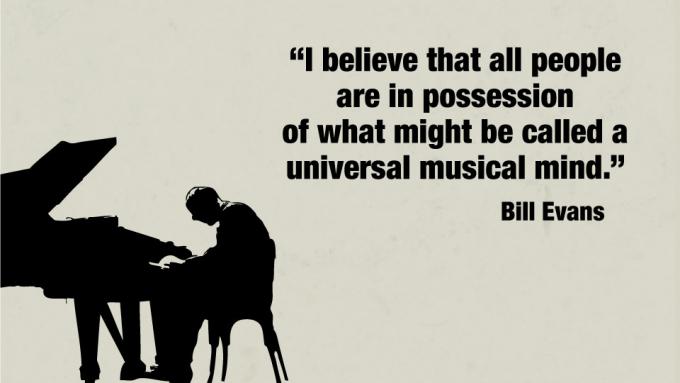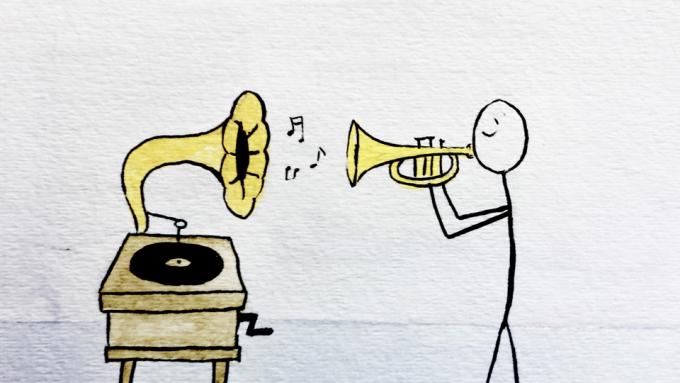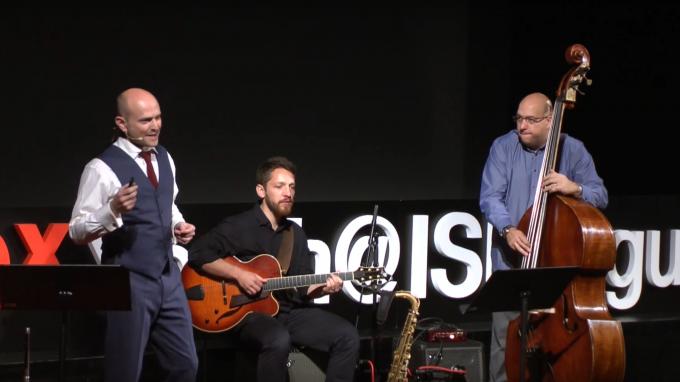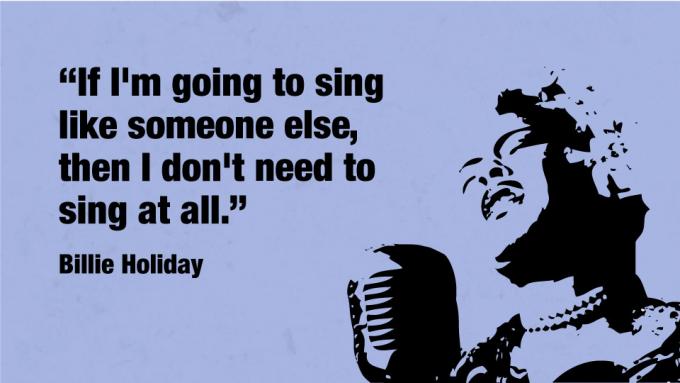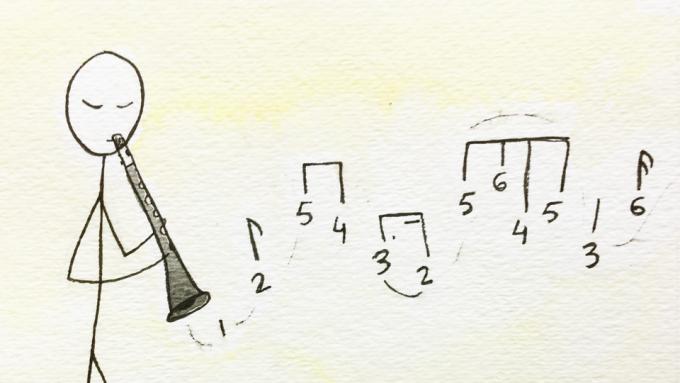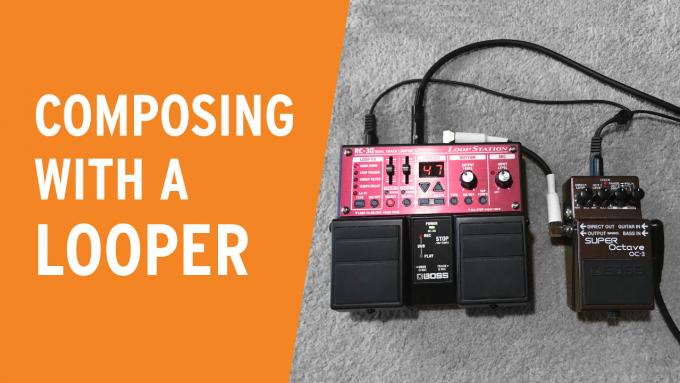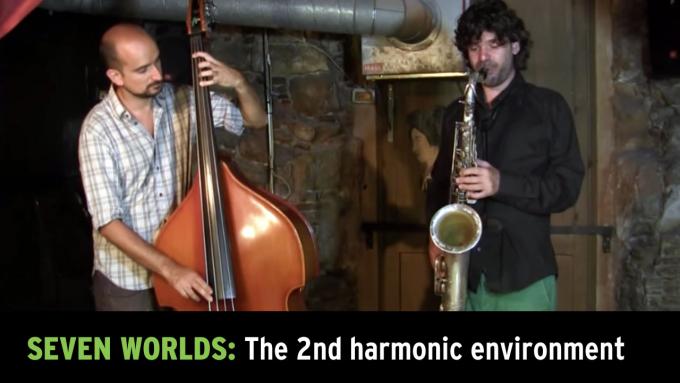Bill Evans was a visionary artist who made an enormous personal contribution to our modern concept of jazz piano. And yet at the same time, he believed that ALL human beings have an innate understanding of music.
I see the importance of knowing the sounds from the tonal map and being able to sing what you play. However, isn’t improvisation also a matter of transcribing other artists’ music to absorb the “feel” and “time” they have?
This great Ted Talk by Jeremy Chapman offers many surprising insights about musical creativity. His talk includes improvisation with the audience and guest musicians, and he even mentions Improvise for Real about halfway through the talk.
In IFR, we believe that the musicians who follow their own imagination are the ones who change the world. And we want to help you discover your musical voice and to share it with the world.
I am wondering if there is a "method" for using the major scale in a melodic way rather than playing the scale notes randomly?
Are you curious about looping? In this video I'll show you how the looper pedal works and how easy it is to create your own loops with what you already know from your IFR practice.
This is a demonstration of some of the sounds we can create with IFR Exercise 2: Melody. Throughout this entire modal improvisation, both musicians are using just seven notes.
